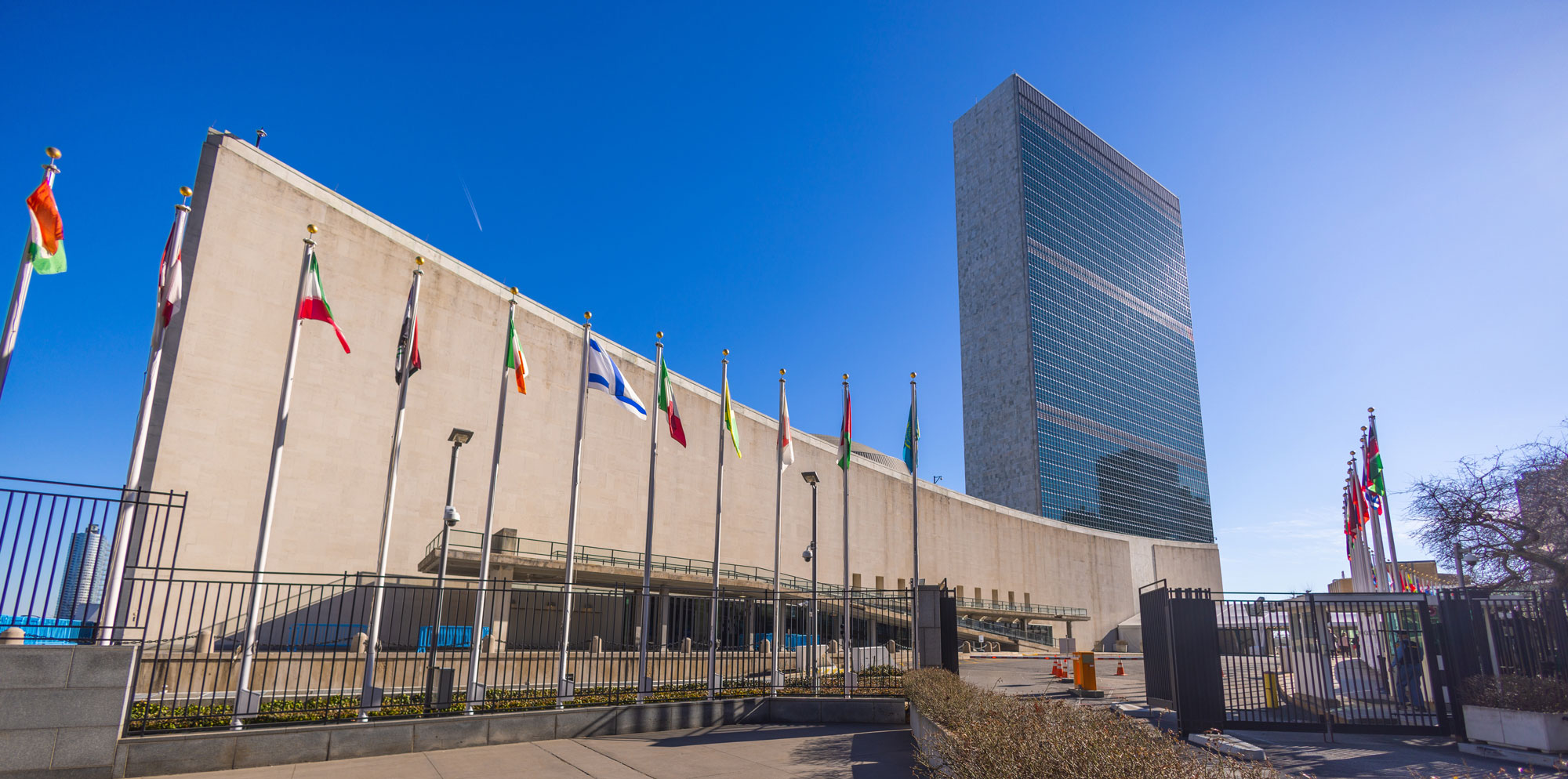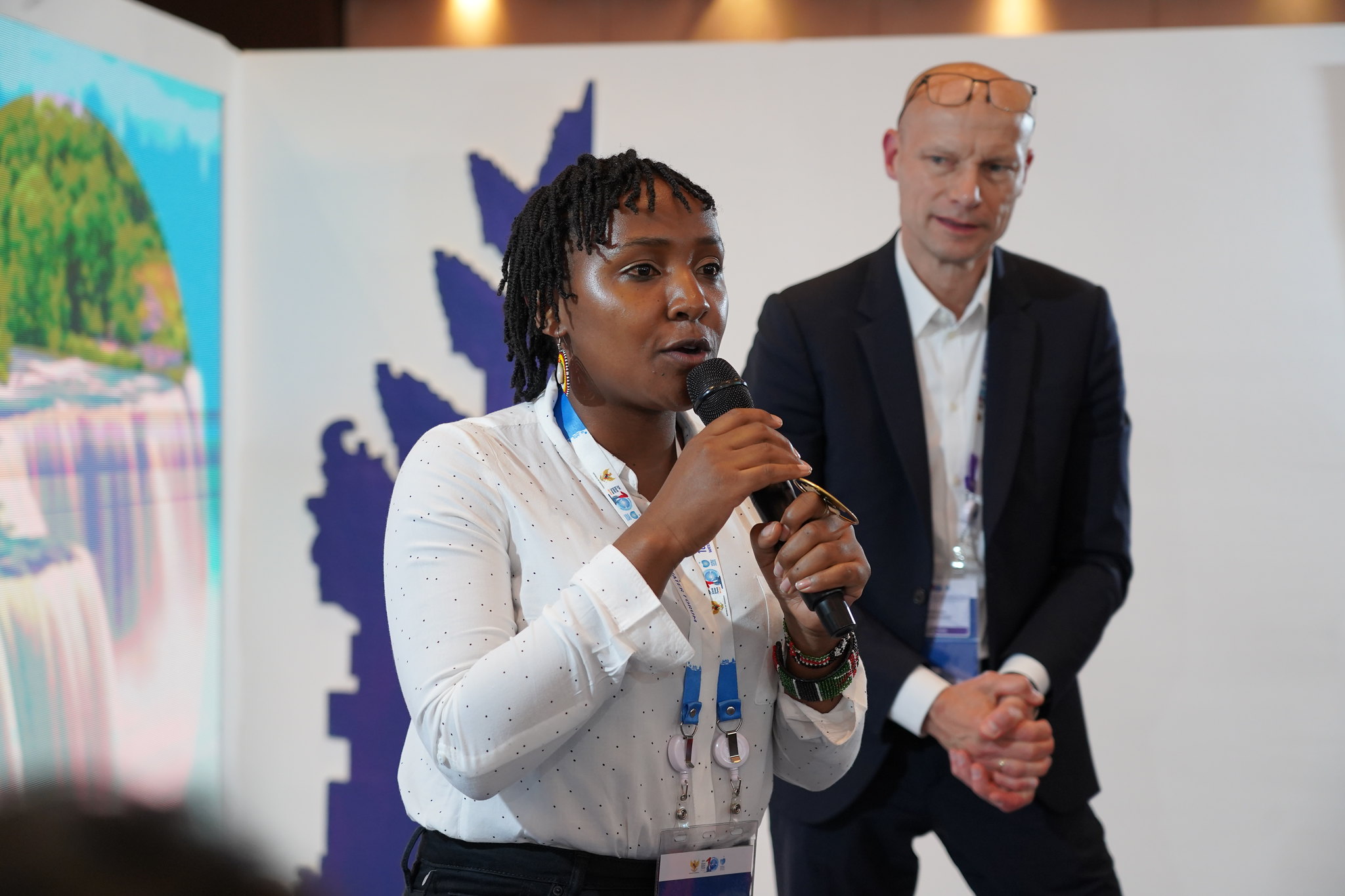- May 25, 2022
Future of humankind needs bold economic thinking and new governance on water
- Press release
Water is the first casualty of the climate crisis. Extreme floods, droughts and water stress together are already affecting billions of people. In the absence of urgent and effective responses, they will get worse as a result of climate change, over-extraction of water, pollution and water injustice. Improving how water is managed globally is critical to mitigating the climate crisis and averting growing social and economic disorder, mass migration and conflicts. Yet, water is almost totally absent from the global policy stage.
“The consequences of our collective neglect and poor governance of our water resources will most impact poor people all over the world who will suffer from inequity of access and ensuing water related conflicts. This is already happening in many countries with significant loss of lives and livelihoods,” said Ngozi Okonjo-Iweala.
Humankind relies on water for its food, for its cities, its industry, for health and for energy. Rainfall variability is growing, extreme water events are becoming more intense and more frequent. Combined with fast-growing pressure on water supplies, this has made existing policies and governance of water obsolete. “We are rapidly changing the global hydrological cycle, due to climate change and ecosystem degradation,” said Johan Rockström. “This is threatening human wellbeing, the global economy and the resilience of societies in the face of rising shocks.”
A new Global Commission on the Economics of Water was launched today at the World Economic Forum Annual Meeting in Davos following a two-day workshop in Geneva.
Co-chaired by Mariana Mazzucato, Ngozi Okonjo-Iweala, Johan Rockström and Tharman Shanmugaratnam, this group will develop the new thinking on economics and governance required to lead countries out of the current impasse. The Global Commission is composed of 17 experts, community leaders and practitioners from a broad range of science, policy and front-line practice expertise from all regions of the globe. Collectively, they will provide an independent review of The Economics of Water: An Agenda for the Common Good.
The dysfunctions in markets today are not an accident, they are the result of decisions that we have taken in business and governments. If every person on the planet is to have access to enough safe water at an affordable cost, we must govern our economy in a radically different way.
Mariana Mazzucato
The Global Commission will design solutions that go beyond simply fixing market failures. “What is needed are purpose-driven private-public partnerships on a scale that has never been attempted before, to mobilise finance, invest in innovations and deliver access everywhere to affordable, safe water,” said Tharman Shanmugaratnam.
Completing the sustainability trilogy that began with the Stern Review on the economics of climate change and the Dasgupta Review on the economics of biodiversity, the Review by the new Global Commission will provide a fundamental reassessment of the way we manage and value water, and its intrinsic role in addressing climate change and other global challenges. The independent Global Commission is convened by the Government of the Netherlands and facilitated by the Organisation for Economic Co-operation and Development (OECD).
The Global Commission’s first report will be published to coincide with the UN’s 2023 Water Conference and inform the launch of a “Pact for Voluntary Commitments”. The two-year project will deliver an action agenda to spur change globally, among governments, local authorities, industry, finance, multilateral institutions and non-state actors.
Related news

Global Commission on the Economics of Water encourage UN action on governance at Sustainable Development Goal Meeting
At the annual ‘Water Action Agenda Special Event’ at the UN HLPF in New York, Henk Ovink, Executive Director at
Related events

Roundtable on ‘An Intergenerational Water Approach’
The Session aims to hear the voices of young professionals within an Intergenerational Approach framework.
